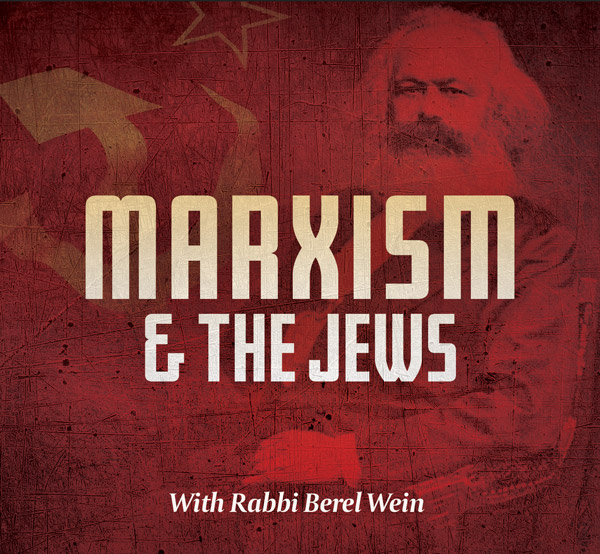This week's reading as well as the entire book of Bamidbar is replete with the numbers of the populations of the Jewish people in the desert of Sinai. Slightly more than 600,000 male Jews over the age of twenty comprise the population of the Jewish people under the leadership of Moshe. Extrapolating the old, the young, infirmed, the women and the multitudes of people of other nations that left Egypt together with the Jewish people, most Rabbinic authorities estimate a Jewish population of between two and three million souls.
As important as it may be for us to be aware of the population numbers, the question arises: why does the Torah spend so many verses and details in enumerating the population of the Jewish people at that time? What is the religious, spiritual, or historical perspective necessary for us to understand this listing? Regarding this question, there are many proposed ideas and answers, but it is almost universally accepted by all commentaries that this is one of the areas of the Torah where mystery prevails over mere human understanding and logical reasoning.
In short, whatever answers we may give to this problem of why the population numbers seem so important, and occupy such prominence in the book itself, is difficult for us mere mortals to comprehend its true message and meaning. Apparently, the greater the detail, the greater the mystery that it engenders. Since the words of the Torah are eternal accounts of the Jewish people and its population, this indicates that, somehow, this remain a source of inspiration and spiritual holiness for all generations.
One of the interesting facets of the detailed counting is the fact that the Torah lists the names of the leaders of the individual tribes who participated at arriving at this census of the people. As difficult as it is for us to understand the count itself, it is doubly difficult for us to understand the prominence given the names of the leaders of the tribes. This is true because we are aware that none of these people would survive the 40-year sojourn in the desert, and all of them would be replaced with new leaders of their respective tribes, before the entry of the Jewish people into the land of Israel after the death of Moshe.
One understanding of this difficulty is that the Torah wants to constantly remind us that it is a book about people and their behavior, and not about cold facts, events, trends, and esoteric knowledge. The Torah wishes us to remember that people are not merely ciphers or numbers but, rather, flesh and blood individuals, personalities, all different one from another.
The words of the Talmud are that we are all cast from one mold, but no two of us are alike. Since the Torah expends so much detail, both in the count of the people, as well as the specific names of who counted them emphasizes that we are talking about actual people, and not only about numbers per se. This is a fundamental lesson in Judaism, and it is also why the Torah calls itself the book of the generations of humankind.
Shabbat shalom
Rabbi Berel Wein
|

No comments:
Post a Comment